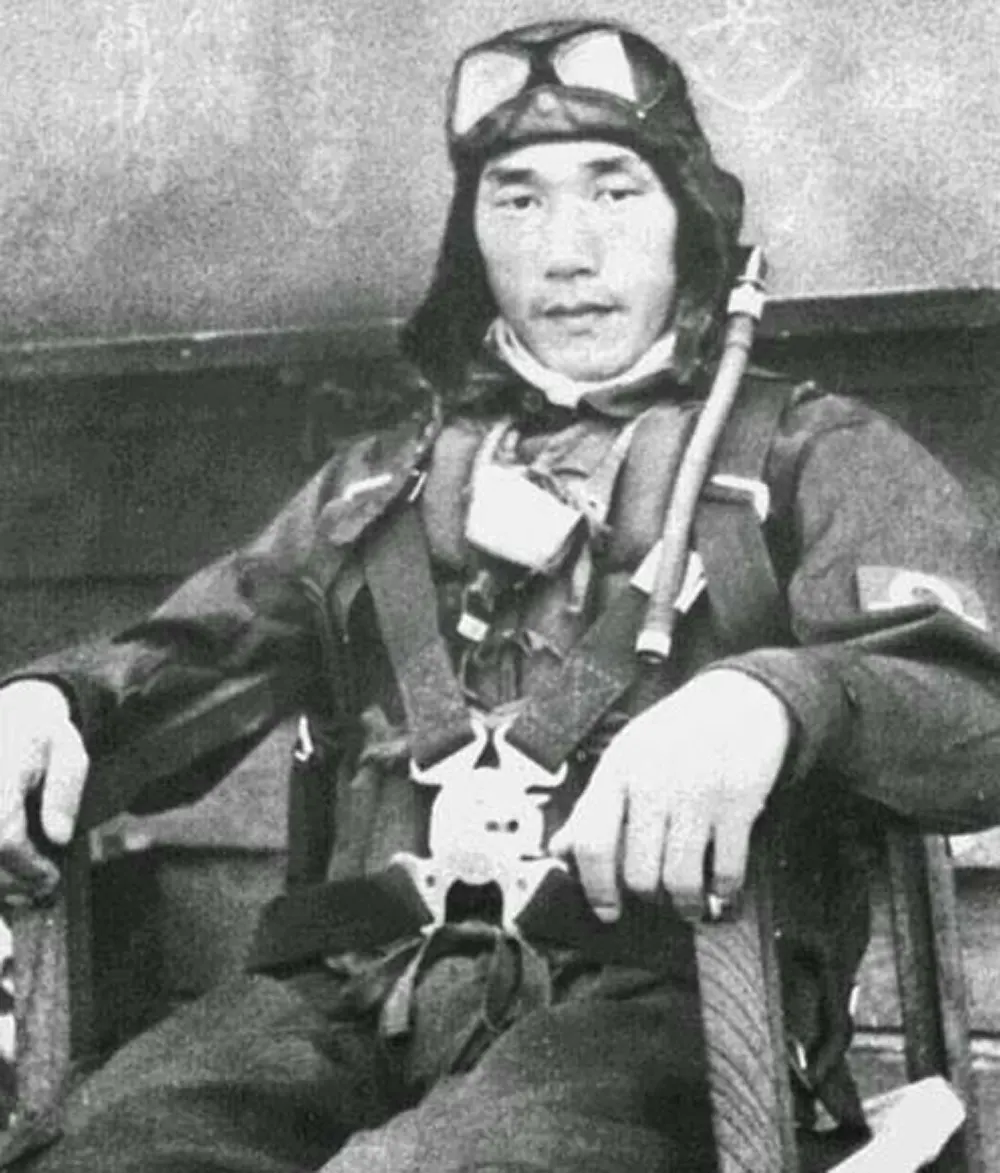
The Inter-war Period refers to the crucial 20 years that were between the end of the First World War and the Second World War. The war period was short and focused on significant social, political, and economic changes worldwide.
The aftermath of the war left the economy and social movement ruined. Nations in debt were forced to take more loans to pay back their existing debts, thereby making their economy crash further. Germany was said to have felt a heavy blow to their economy caused by the aftermath of World War I.
World War I ended with the rise in despotism, especially in Germany; the effects of World War I was heartfelt in Europe as about ten million lives were lost and twice that number wounded in what has been called the first modern war. It is said that all of the wars of previous years pre-eminent up to World War I had claimed a total of only four and one-half million lives. It led to the dismantling of empires and the redistribution of colonies between Allies. It saw the western parts of the Russian Empire become dependent nations of their own; It is said that during the Great War, the French averaged a death each minute. This led to the destruction of generations in Europe, and it left many of those lucky enough to survive psychologically scarred and traumatised.
Eventually, many would find it hard to live their normal lives again as they returned to massive unemployment and disorganisation. It was during this time that the United States gained dominance and control in world finance and when Germany could no longer afford to repay Britain and other nations. Wall Street invested in Germany, which enabled them to pay off their compensation to other countries, which in turn paid off their war debts to Washington by the middle of the decade.
Germany, on its end, was hit not only by the war but also by the settlement of the war, as they were already made scapegoats, a significant reason as they were instigators of the conflict. The Treaty of Versailles provided for the military and economic dismemberment of the German states, along with the requirement of impossible recompense payments to Britain, France, and the other allied nations. France, having suffered the most significant destruction at the hands of the Germans during World War I, was adamant about keeping Germany weak and demanded compensation.
Due to the heavy debts and payments, Germany suffered starvation, mass unemployment, and rampant inflation, all made unbearable by the Great Depression. Naturally, Germans frowned at those they saw as their foreign oppressors and hoped for a return to the glory of the German Empire. This dream allowed the rise of Adolf Hitler and the Nazi Party to power in Germany, assuring a future of glory and European domination. Under the Nazis, Germany rearmed and began a plan of European takeover, which at first was permitted by the former Allies, to avoid a second war. However, it soon became apparent that Germany’s intentions were dangerous to European security, and just twenty years after the “War to End all Wars,” Europe fell again into a devastating moment of the war.

